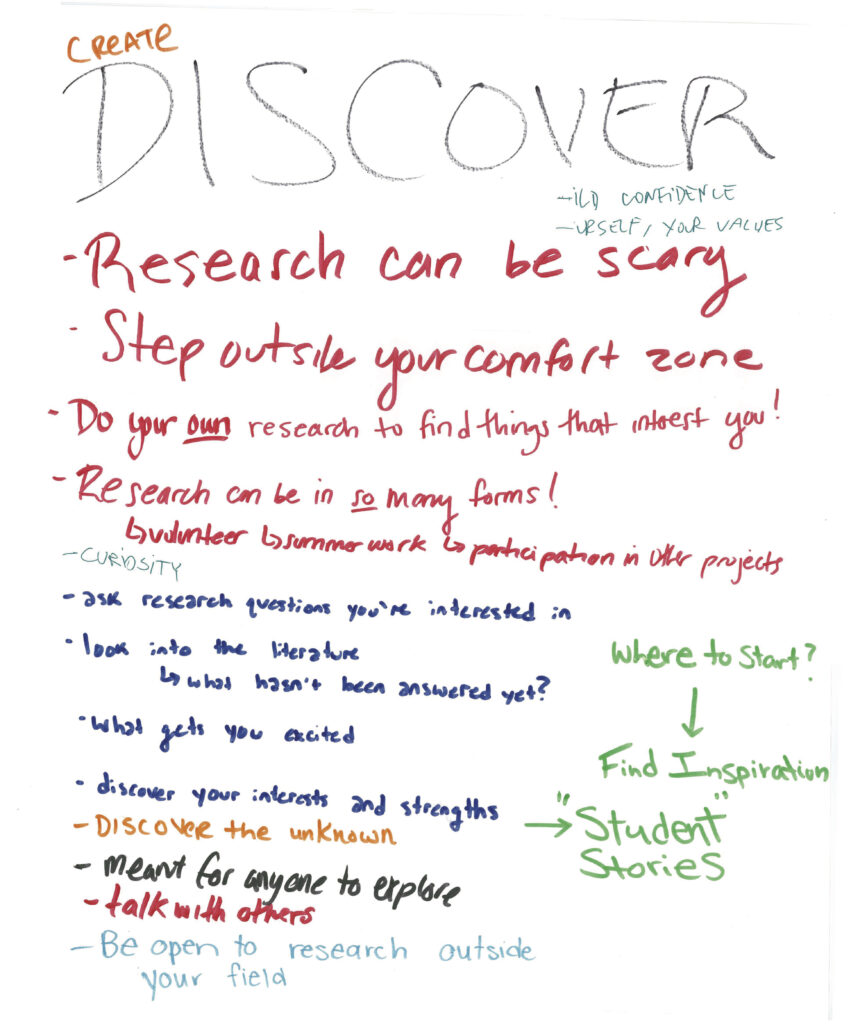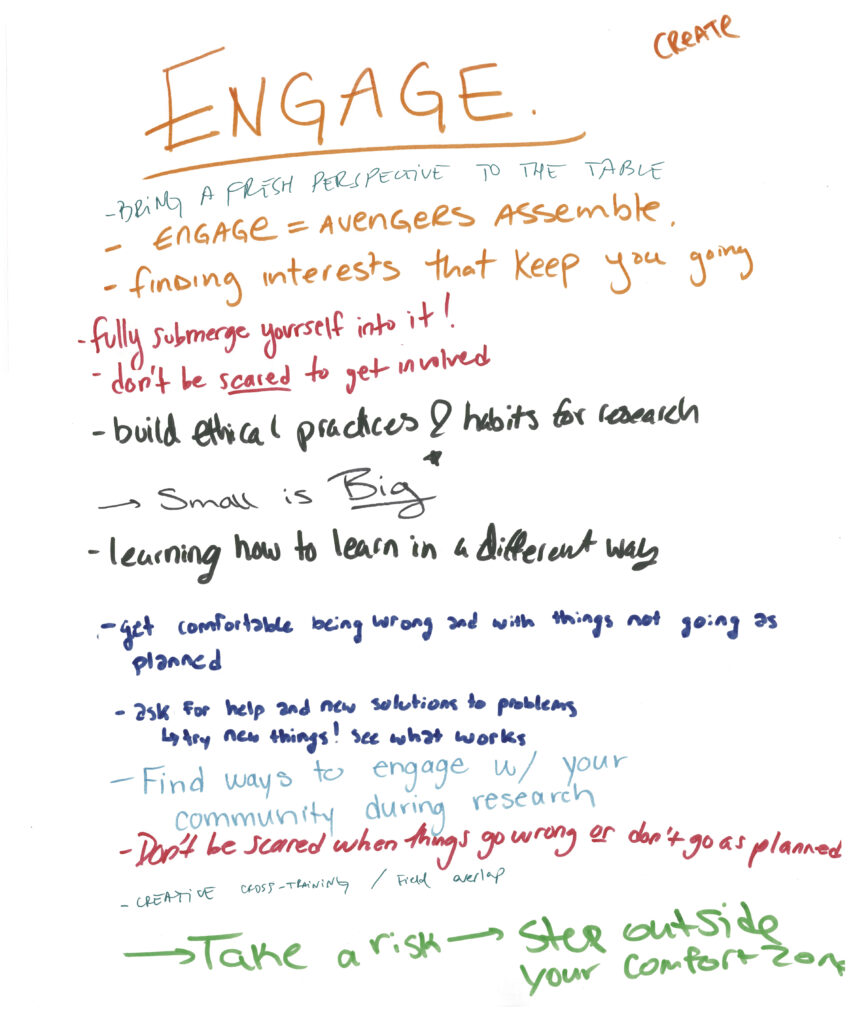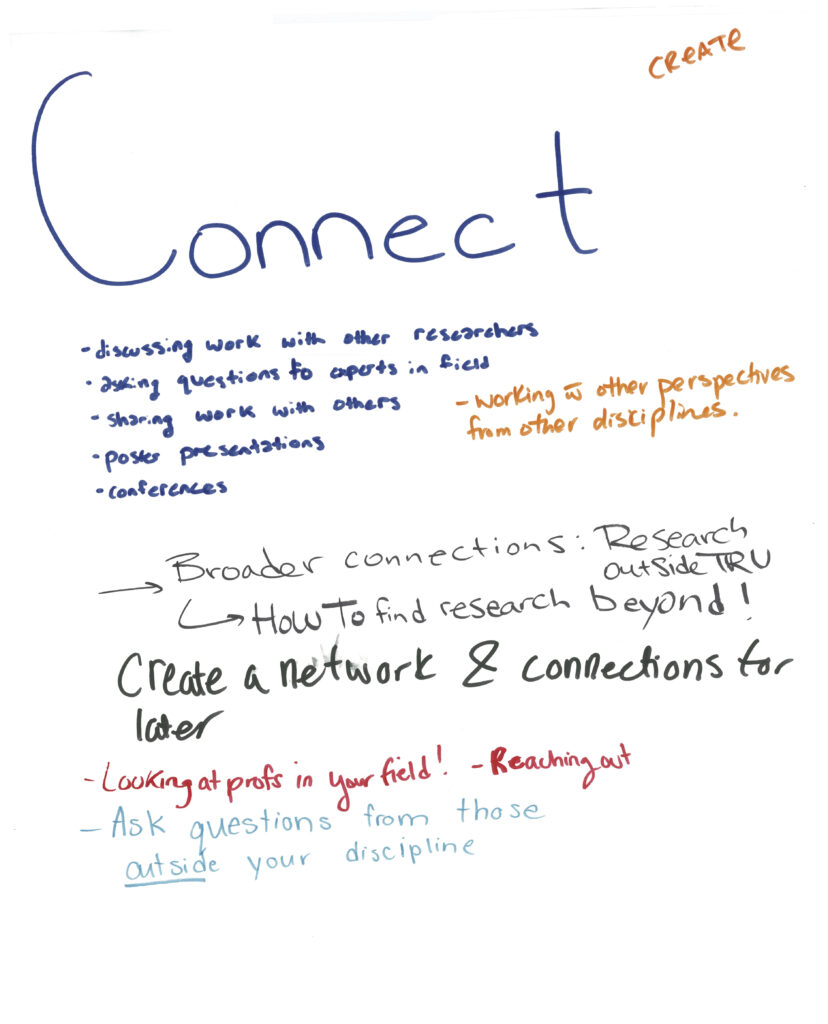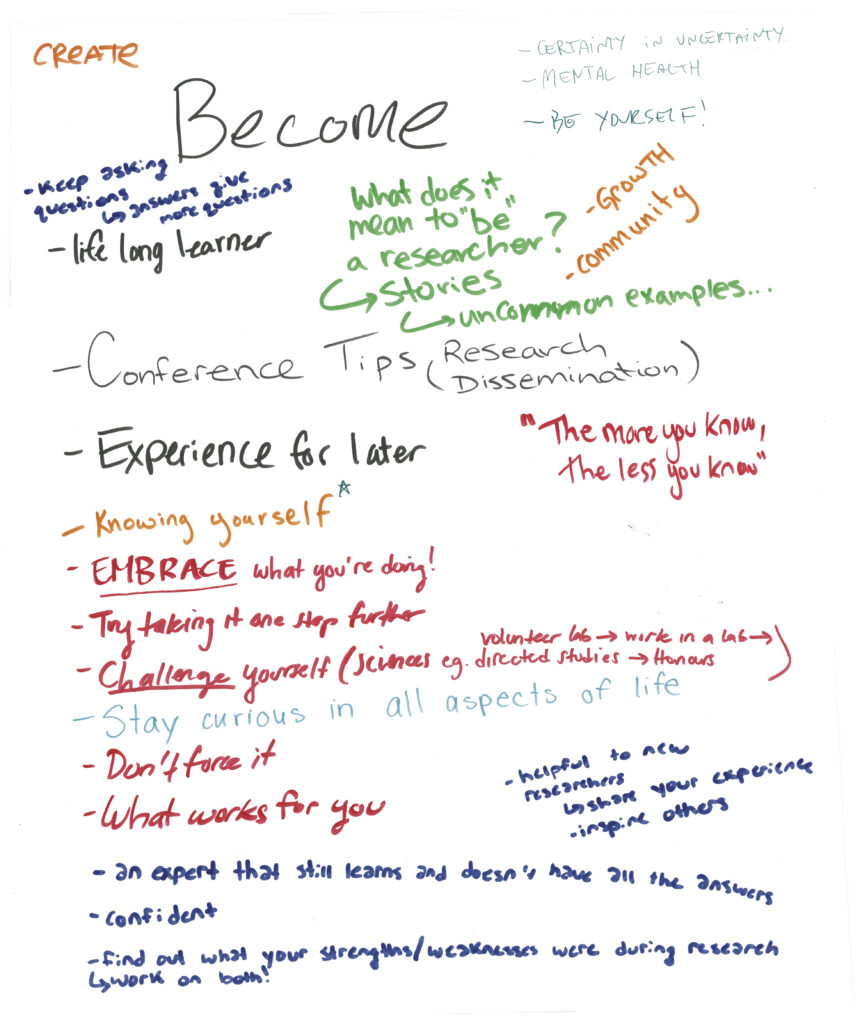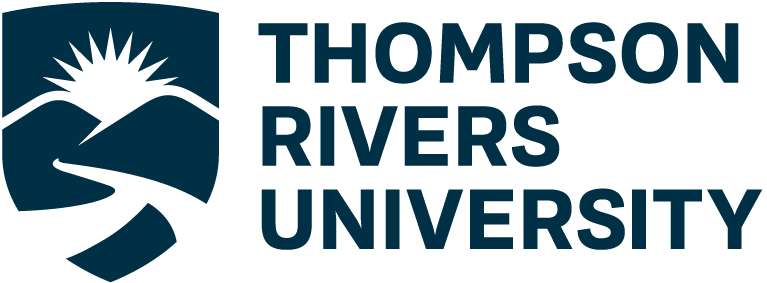CURN Sprint 2021
During the CURN Sprint 2021, the Undergraduate Research Ambassadors got together to explore what CURN means to them and how we all understand Discover, Connect, Engage, and Become. Below you will find the collaborated ideas to further your understanding.
Brainstorming Posters from CURN Sprint 2021:
